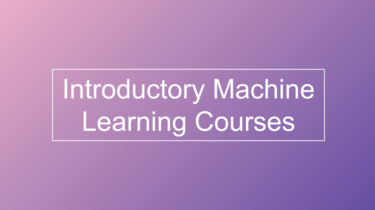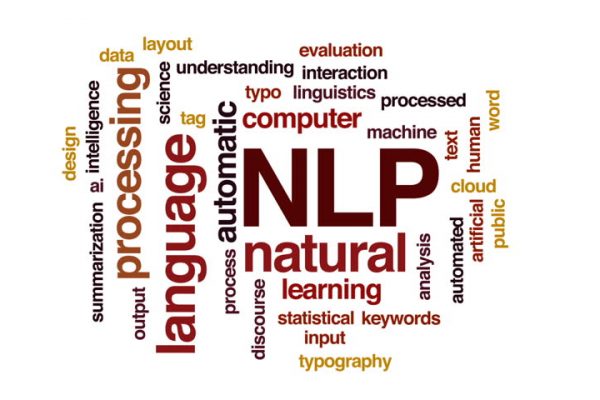Course Recommendations for Introductory Machine Learning
Before you jump into deep learning, I would strongly advise you to do a few introductory machine learning courses to get up to speed with fundamental concepts like clustering, regression, evaluation metrics, etc. Here is a thread including a few recent courses you can explore: This is a crosspost of a Twitter thread I published earlier this week. Elements of AI by University of Helsinki Note: I have taken many machine learning courses online. I do some courses for fun […]
Read more


